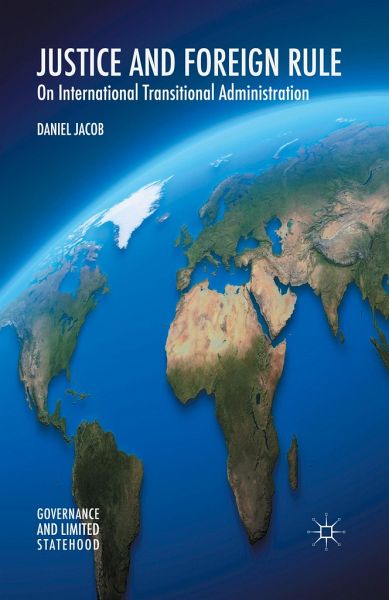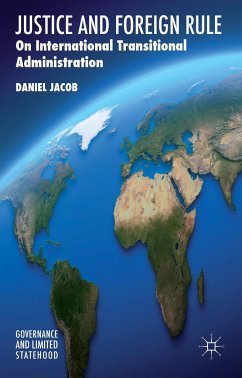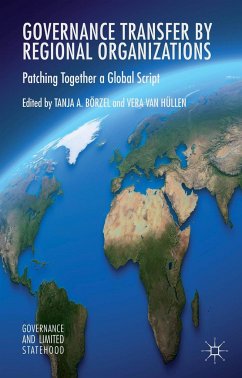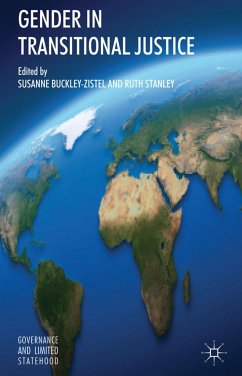
Justice and Foreign Rule
On International Transitional Administration
Versandkostenfrei!
Versandfertig in 6-10 Tagen
38,99 €
inkl. MwSt.
Weitere Ausgaben:

PAYBACK Punkte
19 °P sammeln!
Can foreign rule be morally justified? Since the end of the First World War, international transitional administrations have replaced dysfunctional states to create the conditions for lasting peace and democracy. In response to extreme state failure, the author argues, this form of foreign rule is not only justified, but a requirement of justice.












